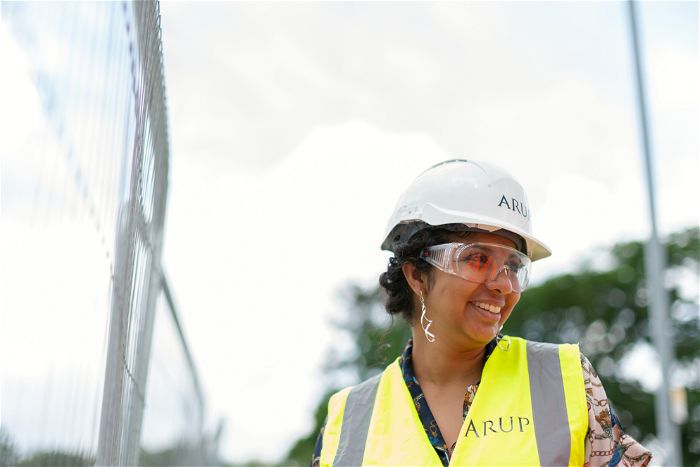Combating climate change and the ripple effects of its impact is one of the major imperatives of our time. A truly just transition to a green economy requires solutions that not only limit the root causes of our warming planet but also lead to accessible, equitable, and quality jobs for a sustainable future.
The Green Transformation Cycle, a new data-driven framework developed as a part of the CREST Initiative by Jobs for the Future (JFF), in partnership with the Burning Glass Institute (BGI), with support from Ares Charitable Foundation, advances our nation’s progress to a green economy by prioritizing environmental sustainability as well as equitable economic advancement.
Our approach—including an analysis of nearly 200 million online job postings—demonstrates that when the integration of current green skills into various occupations is considered, green jobs are more prevalent than commonly thought. This report leverages the Green Transformation Cycle to illustrate the economic transformation currently underway, and to better shape workforce training programs, employer talent pipelines, and emerging legislation to support the urgency of a just transition to a green economy.
Key Takeaways
- A just transition will require removing the limitations around how we define and categorize green jobs and the transferable skills needed to build a climate-resilient future and workforce.
- All jobs have the potential to become quality green jobs through the intentional integration of green skills, knowledge, and job-quality standards.
- The future of green jobs presents an opportunity to disrupt traditional methods of analysis to focus on roles that are more accessible to low-income communities and people of color, who are vastly underrepresented in the green economy.



